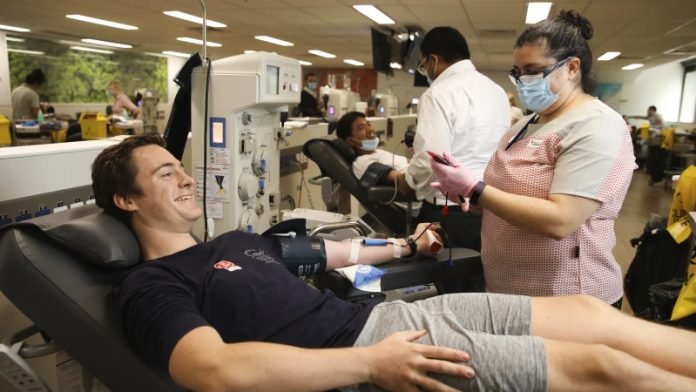Last Updated on February 16, 2024 by Saira Farman
Donation centers accept various items from well-wishers and donors. The donation center can redistribute the items to those who need them most. Other centers refurbish and sell the items to raise money for different missions. Well-established donation centers have clear mission statements and goals around workforce services and improving quality of life. Each center has a unique model for its operations.
Table of Contents
The Donation Process
Leading donation centers have a simple donation process. The center has a storage facility with employed or volunteer attendants. If you have something to donate, you can take it to any local centers listed on the organization’s official website. An attendant will meet you to help with unloading and checking the items. Once all things are logged, you might also receive a receipt for tax purposes. Some centers have other processes, including pick-ups.
Donation centers receive a volume of goods. Some have specific days when they accept donated items, while others are open every day of the week. The attendants will sort donated items into different categories ready for sale. Most donation centers also feature an online store where buyers can find great deals on the items. Some donations require refurbishment before they’re offered for sale, while others are sold in the donated condition.
Funds from the sale of donations go into various activities according to the organization’s mission. Some centers focus on keeping clothes and castoff items away from landfills. The charitable organizations also provide education, training, and employment for seniors, veterans, and people with disabilities. Other activities include childcare, language training, and transportation. Donation centers may also run auctions for rare collectibles.
Items You Can Donate
You can donate various items, including clothing and fabric in any condition. It doesn’t matter if your materials are ripped or stained. Leading donation centers can recycle the textile. Each donation center specifies the items and conditions they accept, so you should review the information on your local center’s website before loading. Most centers accept working and non-working computers, laptops, electronic appliances, power tools, and business equipment.
Donation centers partner with manufacturers, so they can recycle non-working components. If the equipment is in working condition but needs repair, the centers may refurbish and resell it at online/offline stores. You can donate dishes, glassware, decor, lamps, and furniture. Certain charitable centers also accept vehicle donations. You should check with your local center to review the donation services available.
Items You Can’t Donate
Donation centers won’t accept a few things. You can check the donation policy to identify the center’s specific items and conditions. Local restrictions and processing costs may prevent the organization from accepting your items. Most organizations won’t take items with safety recalls. Safety recalls imply that the items are unsafe and shouldn’t be donated or sold. Donation centers also won’t accept hazardous chemicals, cleaning supplies, paints, and thinners.
Furniture donations must be in good condition since donation centers don’t accept broken or heavily damaged furniture. Some donation centers also shy away from accepting large appliances like refrigerators, microwaves, stoves, and AC units. Large appliances are costly to process, and most buyers prefer to get them new from the store. If you’re in doubt, contact the donation center before leaving home. You can also review the information on your center’s official website.
Tips For Donating
Before you give your items to a donation center, review the organization to check whether it has legitimate operations. You should donate to credible centers with a proven track record of supporting charitable missions. Call the donation center before leaving home. Some centers offer pick-up services for heavy donations like cars and furniture. You can utilize such services to donate physical items without doing any heavy lifting.
Package all items that belong together in one container. If you’re donating a set of dishes or shoes, keep matching items in the same container. You can pack the items in reusable containers and empty them in the bins at the donation center. Check the donation to remove receipts. If you’re donating a computer, wipe it clean to prepare it for the next user.
Supporting Workforce Services Through Donations
The best donation centers run charitable activities within their communities. Donations can support workforce services by creating jobs and impacting more lives. Donate unused or unwanted items to trustworthy centers that can put them to good use in your local community.
Apart from this if you are interested to know about Guide to Choosing the Best Insurance then visit our lifestyle category.
















